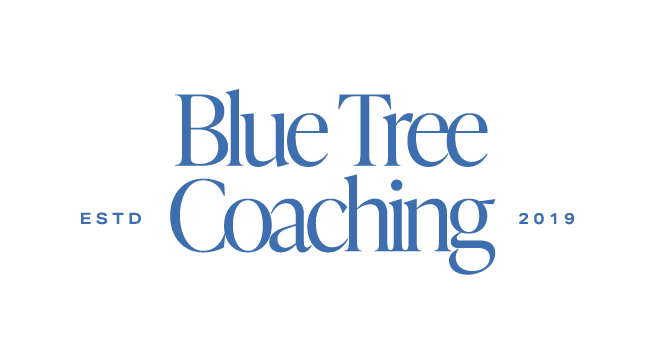CATEGORIES
To regret deeply is to live afresh.” – Henry David Thoreau
“No regrets” is a common saying in our culture, and I think it’s bullsh*t. Here’s why: our regrets contain powerful information. They shine a light on what’s important to us and what we value. They also inform how we want to go about living in the present and in the future. If we’re paying attention, that is.
The phrase was popularized by French icon Edith Piaf, who died of liver failure at the way-too-young age of forty seven. (Given her untimely death, query how much weight should have been given to her credo). It took hold in Western culture and has been part of our vernacular for decades.
But actually experiencing no regrets is more of a sign that you’re a sociopath than a free and independent thinker. Sociopaths lack conscience and have no regard for others. If you’re reading this blog, I’m guessing that’s not your aspiration. Independent and discerning thinkers, on the other hand, use their intellectual faculties to make reasoned and intelligent choices, both in work and in life.
In his bestselling book The Power of Regret, social scientist Daniel Pink makes a convincing case – rooted in research and science, as all of his work is – that we should embrace our regrets and use them to transform how we live and work.
As humans, we’re biologically driven to seek pleasure and to avoid pain. This can translate into ignoring our regrets, mentally blocking out the emotional discomfort of poor choices and mistakes we’ve made in our past. It makes sense, doesn’t it? Pain is, well, painful; it hurts. So we avoid, numb, and buffer our negative emotions.This is totally normal. But if regret can be used to create positive change in our lives, we should pay attention to it, and even invite it in.
However, we should take care not to cross over into the shame lane. Shame shuts down the learning centers of our brains. Thus, it does not set us up for positive change and growth. Quite the opposite, in fact. It keeps us stuck in unhealthy patterns that tend to impede our personal growth.
Here is an easy way to tell whether you’re experiencing shame or regret. Shame casts a pall over who you are, whereas regret casts a pall over what you’ve done.
We are not simply a composite of our past mistakes; we are so much more than that. We are worthy, and whole, and valuable, simply because we exist. Let that sink in for a minute. Really consider that this is true. This fact, though, is not a hall pass for bad behavior. Nor is it a reason to avoid taking a good hard look at your past and your choices and your mistakes and using them to fuel positive change for yourself and for those around you.
So go ahead, feel the pain of your regrets. Notice where you could have done better. And then use that to fuel forward movement. That’s really what Pink means, I think, when he writes about the power of regret.
You can ask yourself these three simple questions to chart your path forward:
- What is it that I regret? (the more specifically you can answer this question, the better, as you’ll be able to generate more clarity about what you’ll do differently instead)
- Why do I regret this? (this question is an opportunity to articulate your values to yourself)
- What will I do in the future instead? (this question enables you to use your prefrontal cortex – the most intelligent and deliberate part of the brain – to make decisions ahead of time)

